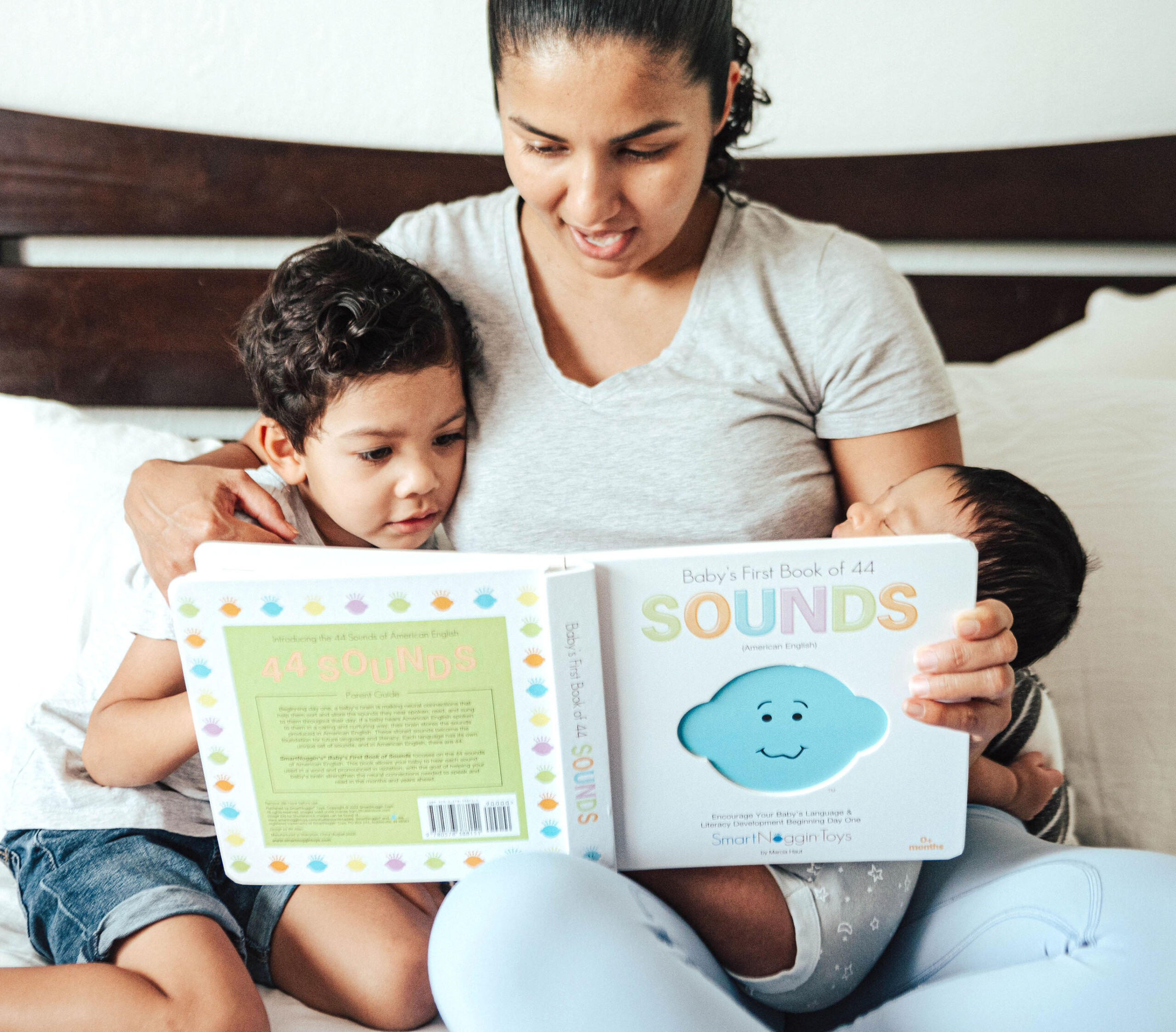By Suzanne Koup-Larsen
A first tooth is a big milestone in a baby’s life. Unfortunately, it might soon be followed by a first cavity.
Approximately one third of children get dental decay in their baby teeth between age 2 and 8, according to the National Center for Health Statistics. “Dental decay has reached epidemic proportions in children,” says Rachel Maher, DMD, a pediatric dentist practicing in North Wilmington, DE.
“We are seeing children as young as 18 months with multiple cavities,” she says. With that in mind, we talked with Dr. Maher about how to protect your child’s teeth from cavities and decay starting from when they are infants.
1. Don’t Put Your Baby’s Pacifier in Your Mouth To “Clean” It
Doing so will pass along bacteria that can cause tooth decay, says Dr. Maher. The same applies to sharing utensils; this is a no-no. Instead, rinse the pacifier with warm water and soap, or run it through the dishwasher if it is dishwasher-safe. Sanitize the pacifier every so often by placing it in boiling water on the stove for five minutes. Make sure it is completely cooled before giving it to your baby.
2. Thumb Sucking Is Fine for a Couple Years
It’s okay for an infant to suck his/her thumb or pacifier, says Dr. Maher, but by the time he/she is a toddler, sucking habits should start to be addressed. Two thirds of thumb habits end by age five and pacifier habits appear to end earlier, with about 90 percent that end before five years of age. Some kids don’t suck on their thumbs, but only rest them in their mouths. This does no harm. But true thumb sucking can affect the bite, the shape of the jaw and become an orthodontic issue later down the road.
Positive reinforcements often work to wean thumb sucking in toddlers, says Dr. Maher. There are other tools to help if necessary, such as Mavala, a bad-tasting nail polish, or orthodontic devices, such as a tongue-crib appliance, to help break the habit if it persists beyond toddlerhood.
3. Clean the Mouths of Infants After EVERY Feeding
This includes middle-of-the-night feedings for very young infants. Use Xylitol wipes to clean the baby’s mouth, or wipe with a moist paper towel or wash cloth over the gums to remove bacteria and sugars. “Washcloths have a little friction to help clear the bacteria,” says Dr. Maher. Concentrate on the front teeth, but don’t forget the tongue side of the teeth, advises Dr. Maher. When teeth start to come in it is okay to start to use a small, soft toothbrush to clean the teeth.
4. First Tooth Means It’s Time for Baby’s First Dentist Visit
“Cavities can happen as soon as the teeth start erupting in the mouth,” says Dr. Maher. As a result, The American Academy of Pediatric Dentistry says a child’s first visit should be within six months of the eruption/emergence of the first tooth and no later than age one. At that first visit, a complete dental evaluation should be performed. The dentist will check for cavity risk, decay, bite problems, teething, dental injury prevention, sucking habits or grinding teeth and proper brushing techniques, which will be discussed if indicated.
Many dentists don’t see children that young, so ask your family dentist or pediatrician for a recommendation for a pediatric dentist. Establish a “dental home” for your child to help make her feel comfortable with the dentist from a young age. Usually, for a first visit, the dentist will perform a lap exam, with the baby sitting on the parent’s lap. “They may cry for the first exam but this is age appropriate behavior,” says Dr. Maher.
5. A Baby Should Give Up The Bottle Around His First Birthday
Excessive exposure to sugars through bottle-fed liquids can lead to tooth decay, whether it’s breastmilk, formula, or juice, leading to a condition called early childhood dental caries, nicknamed “baby-bottle tooth decay.” “Bacteria in the mouth feeds off sugars and forms cavities,” warns Dr. Maher. Bottles should especially not be given at bedtime or naptime because sugars will stay on the teeth all night long or for hours while the baby sleeps. Sippy cups and drinking through a straw does the same damage, therefore, no matter how your baby drinks, be sure to wipe his mouth or brush his teeth after a feeding, advises Dr. Maher.
For more information about Dr. Maher visit Dentistryforchildrende.com





